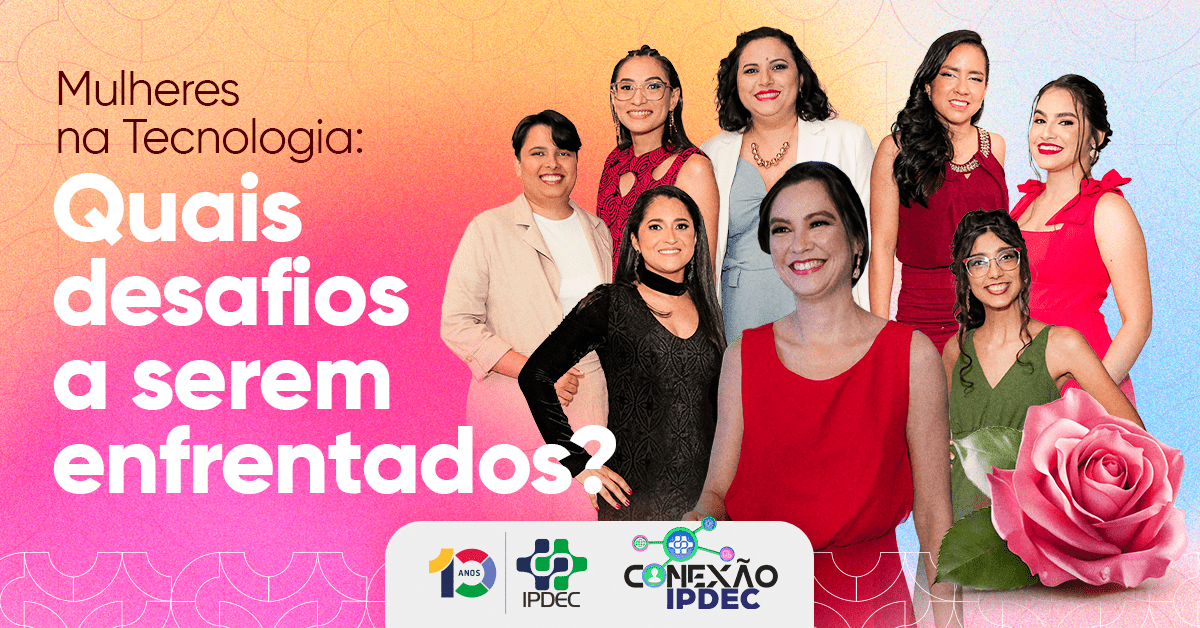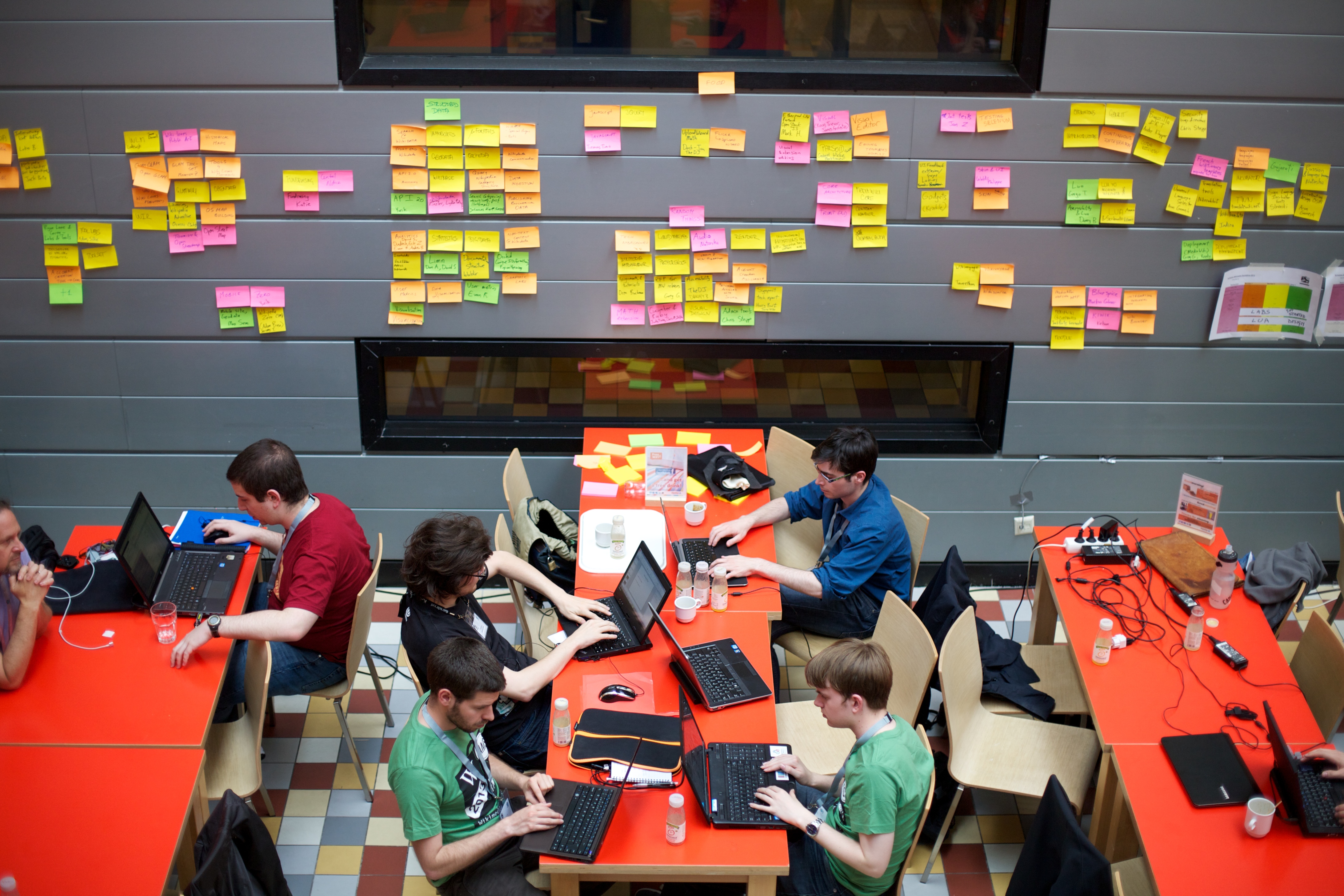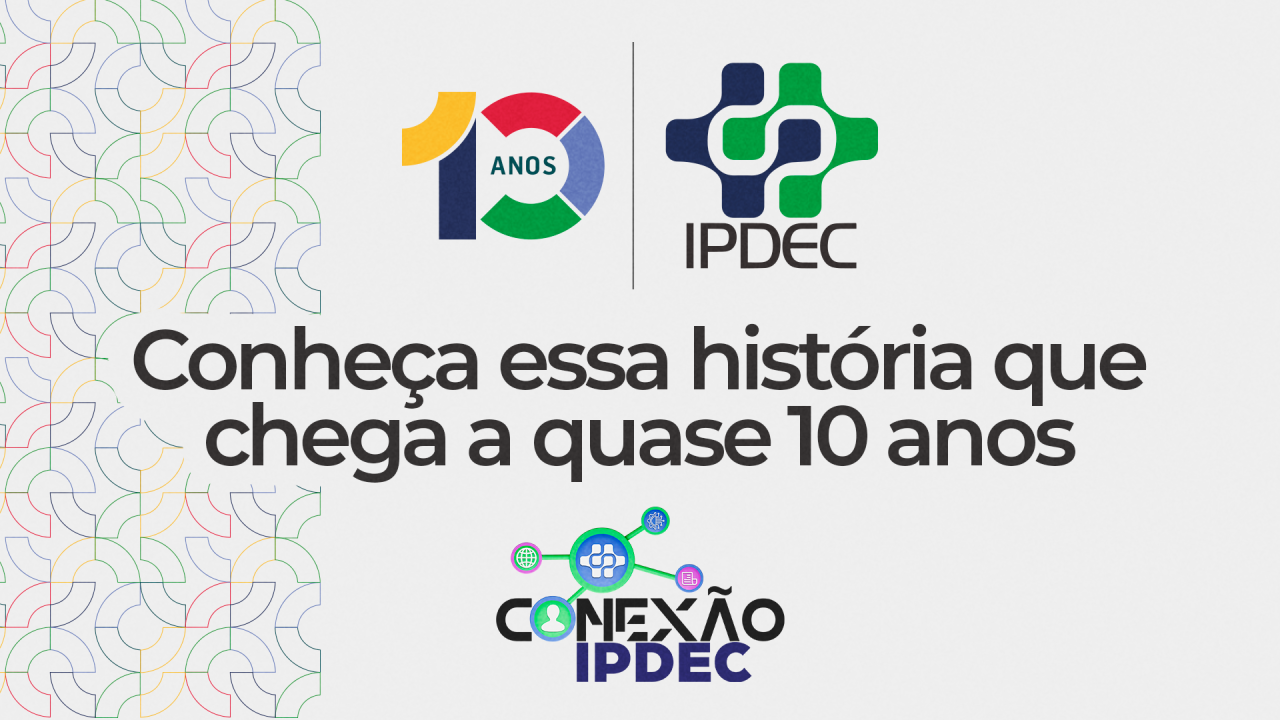International Women’s Day is a reminder of the struggles and achievements of women throughout history, especially when it comes to labor issues. Although rights have been won, the struggle continues, especially in areas that for a long time were mostly male, such as technology.
Although the presence of women in technology has grown significantly over the years, women continue to face challenges in the field. Here are some of the biggest ones:
Deep-rooted stereotypes
Women are often underestimated in their technical abilities, facing the prejudice that they are not as competent as their male colleagues. This stigma can create an unfavorable working environment, making professional acceptance and recognition difficult.
In addition to gender challenges, women belonging to ethnic minority groups face additional stereotypes. The field of technology often lacks ethnic diversity, making these women more prone to prejudice and discrimination.
Wage inequality
Pay inequality is also a substantial challenge for women in technology. The gender pay gap and lack of advancement opportunities are issues that need to be addressed effectively and transparently. It takes the commitment of companies to ensure fair pay and equal growth opportunities for a more equitable environment.
Weight of responsibility and self-demand
In general, women are more burdened with looking after the home and children. Although there are various alternatives and agreements to ensure that this responsibility is not exclusive to women, there are still questions for female professionals about how to share such care with the professional side, a topic that is rarely addressed with men.
Women’s self-confidence is shaken even before they enter the job market. When they see the requirements for vacancies, many choose not to apply in order to avoid being questioned or embarrassed in a team.
According to the Gender Perception Report survey published by LinkedIn, women apply for 20% fewer jobs than men because they feel they have to meet 100% of the requirements. Men, on the other hand, usually apply if they meet only 60% of the requirements.
Lack of representation in leadership positions
The lack of female representation in leadership positions and in technology development teams is a persistent challenge. The lack of successful female role models can discourage women from pursuing careers in the field, creating a cycle that perpetuates under-representation. Empowering women through mentoring and visibility programs is crucial to breaking this pattern.
With this in mind, IPDEC, in its new communication project IPDECAST, will present the special program “Iara’s Voice” to interview women who are prominent in science and technology. The aim is to give visibility to and encourage more women in the sciences, addressing their experiences, challenges and market prospects. The podcast will be launched in March. Join us!
“As citizens, we seek a fairer society, based on equity, where all stakeholders have the support they need to develop and have access to opportunities without distinction. We are still a minority in many segments, but little by little, the scenario is changing and women are increasingly showing their value and seeking their place in the sun. Scientific and societal problems need inventive, skillful minds with the sensitivity to look at challenges from a different perspective, so we have a lot to contribute to science and technology! Through the “Iara’s Voice” program, we want to revive this perspective, inspire other women and value those who dedicate themselves and contribute to the growth of our region and our country through science and technology,” explains Daniella Bezerra, IPDEC’s CEO.
Overcoming the present challenges represents progress in the technology sector, by welcoming and assigning an increasingly qualified and diverse workforce, where women feel empowered and respected at all levels of the professional hierarchy.
About IPDEC
The IPDEC Institute is a private non-profit organization dedicated to the research, development and innovation of solutions based on science and technology, encompassing hardware, software, new materials and strategic information management. Its partners are public institutions, companies and third sector organizations.
Its activities are supported by the Science, Technology and Innovation (ST&I) legal framework, driven by the Innovation Law and managed through a Technological Innovation Center (NIT-IPDEC), which supports open innovation projects.


